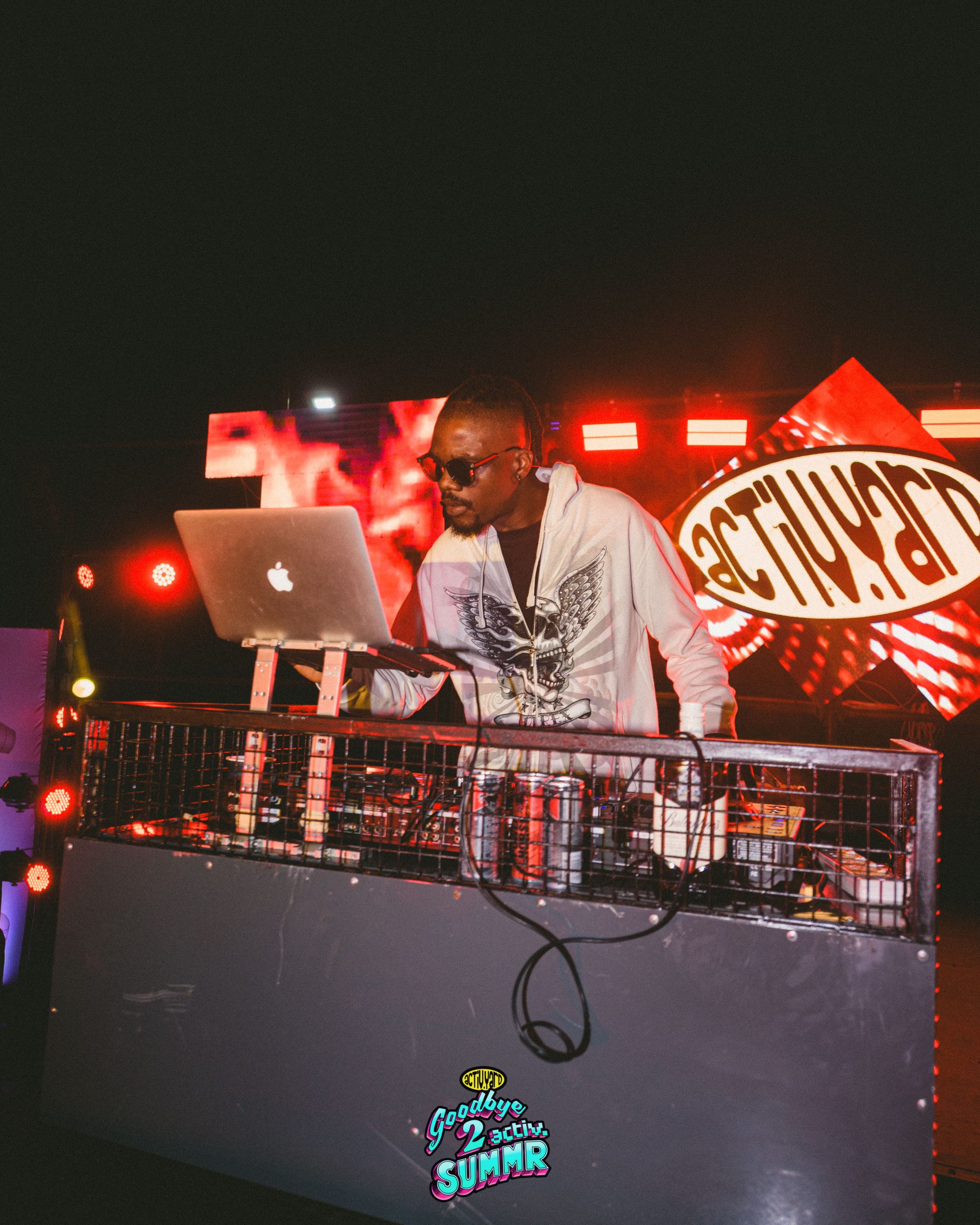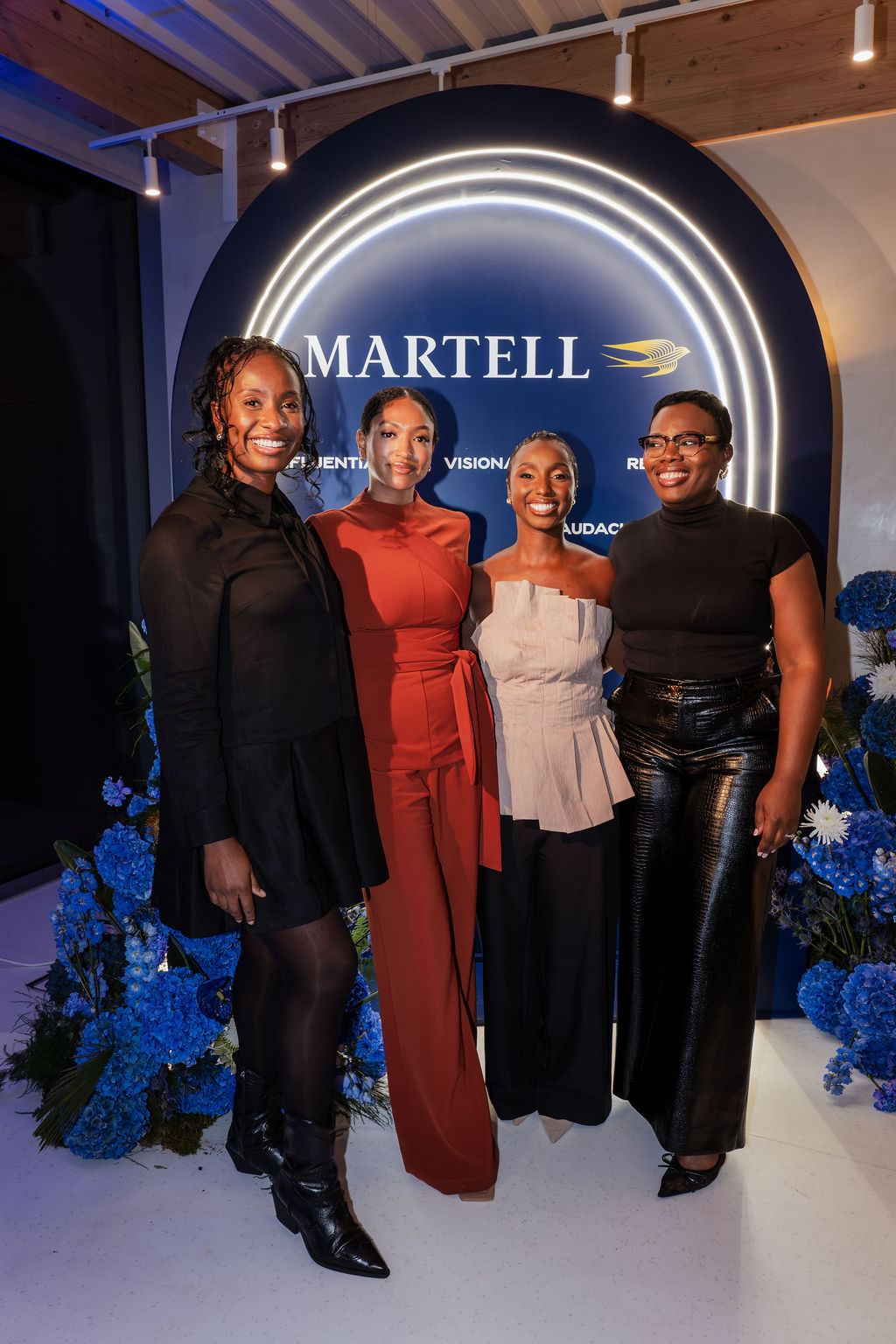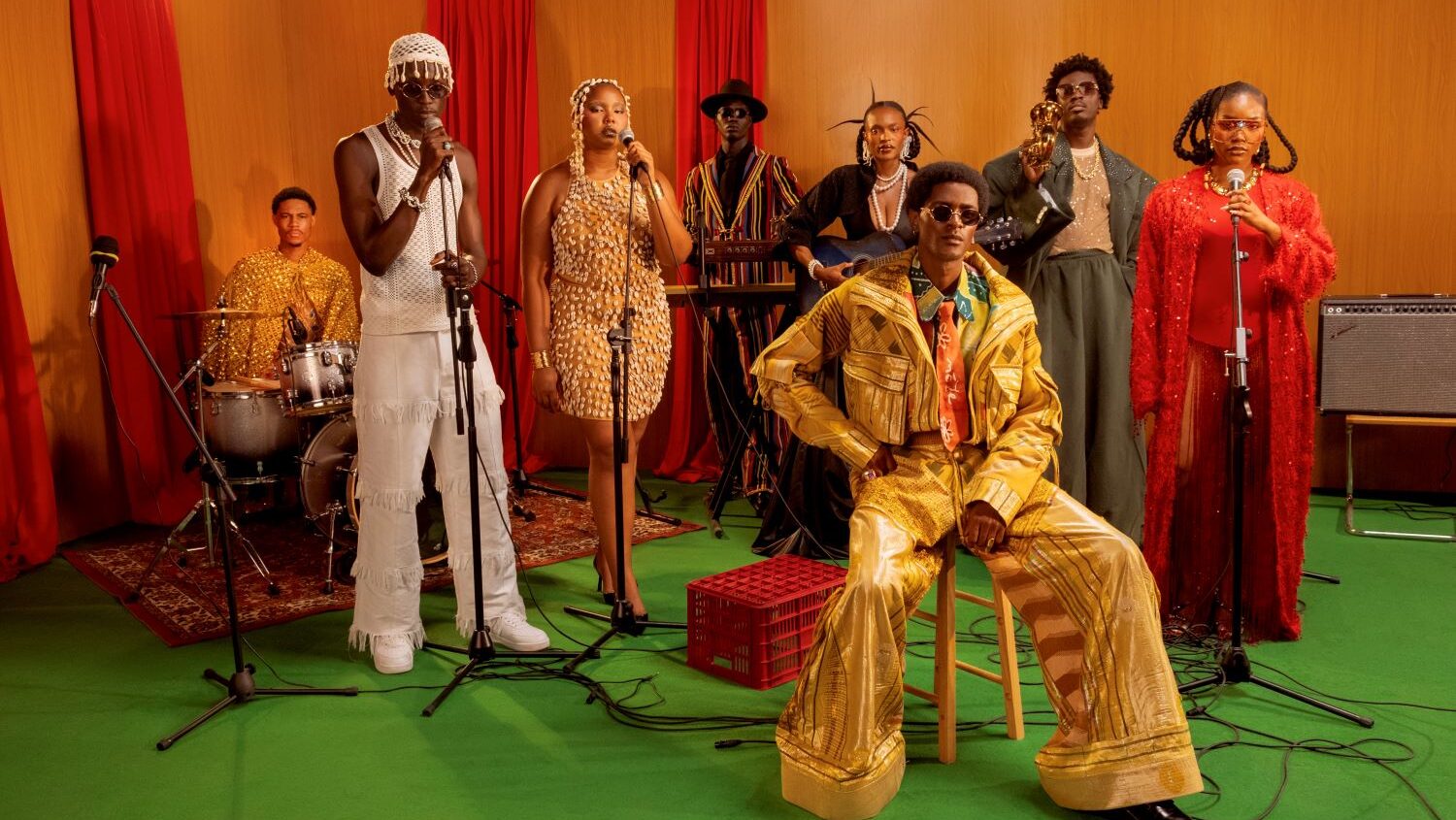You might have heard people talking about the ADC or seen it across your social media, but what is it about, who is involved and why’s it any of our business?
On the 2nd of July, a group of opposition politicians announced that they had come together to form a coalition ahead of the 2027 elections. Some of the most notable members include Former Vice President Atiku Abubakar, 2023 Labour Party presidential candidate Peter Obi, former Senate President David Mark, and ex-Osun State Governor Rauf Aregbesola.
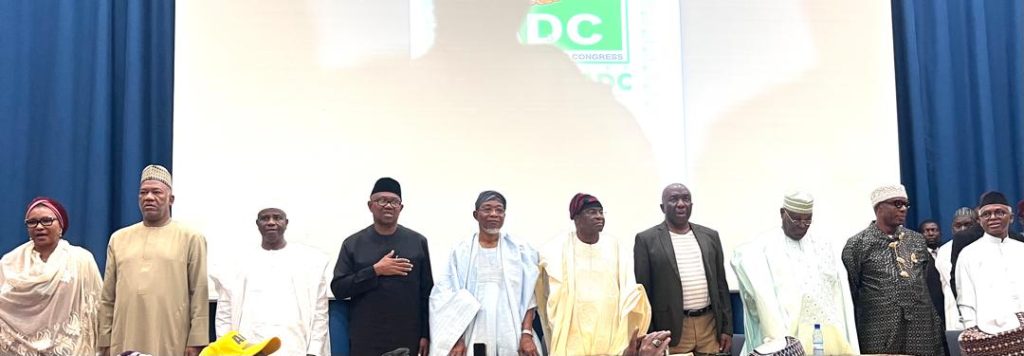
This coalition, which currently remains under the African Democratic Congress (ADC) umbrella, includes political actors from across the country, former members of mainstream parties, youth-based organizations, civil society groups, and some new entrants. It is being positioned as a progressive alliance focused on national unity, good governance, and anti-corruption, although a formal manifesto has yet to be released.
A press briefing held in Abuja stated that the coalition seeks to “end the recycling of failed leaders” and will “offer credible alternatives at all levels of governance.” While no official flagbearers or zoning arrangements have been confirmed, the coalition’s formation is seen as an early move in Nigeria’s typical pre-election realignment period.
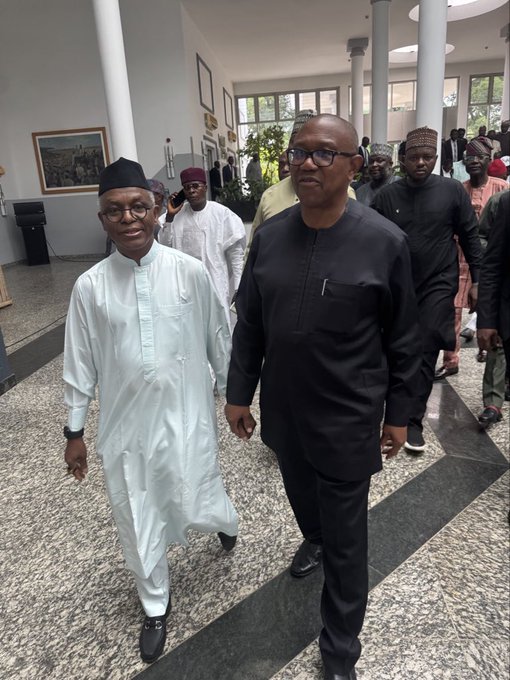
Notably, the ADC has historically been a smaller party with limited national influence. However, it has often served as a platform for reformist or third-party candidates in past elections, including former presidential hopefuls like Kingsley Moghalu and Obadiah Mailafia.
This is not the first time Nigerian politicians from different opposition parties have come together to form some sort of alliance, usually in response to electoral domination by two major parties (currently PDP and APC). In recent history, there have been multiple political coalitions formed:
- In the early 2000s, the Conference of Nigerian Political Parties (CNPP) attempted to unite opposition voices but lacked cohesion and electoral impact.
- The most successful coalition so far has been the All Progressives Congress (APC), formed in 2013 through a merger of four major opposition parties: the Action Congress of Nigeria (ACN), the Congress for Progressive Change (CPC), the All Nigeria Peoples Party (ANPP), and a faction of the All Progressives Grand Alliance (APGA). The APC went on to unseat the PDP in 2015, marking Nigeria’s first peaceful transfer of power between parties.
- The NPN-NPP accord was formed during the second republic (1979-1983), where the ruling National Party of Nigeria (NPN) partnered with the Nigerian People’s Party (NPP). While initially effective in helping the NPN secure legislative dominance, the alliance eventually broke down due to internal disagreements and marginalization of NPP interests.
- In the ‘60s, the Northern People’s Congress (NPC) allied with the National Council of Nigerian Citizens (NCNC) to form a federal government, despite ideological and ethnic tensions. In opposition, the United Progressive Grand Alliance (UPGA) (which included the Action Group (AG) and some Eastern-based factions) attempted to counter NPC dominance, though it eventually failed to gain control at the center.
- Other notable coalitions include the Third Force movements in 2018 and 2022, aimed at rallying young voters and disillusioned citizens around alternative candidates. These included platforms like the Coalition for Nigeria Movement (originally linked to Olusegun Obasanjo) and various support groups for Labour Party’s Peter Obi.
As 2027 approaches, this ADC coalition adds to the list of those who want to see the end of Nigeria’s current two-party structure. Whether it will succeed where others have failed, remains to be seen.

